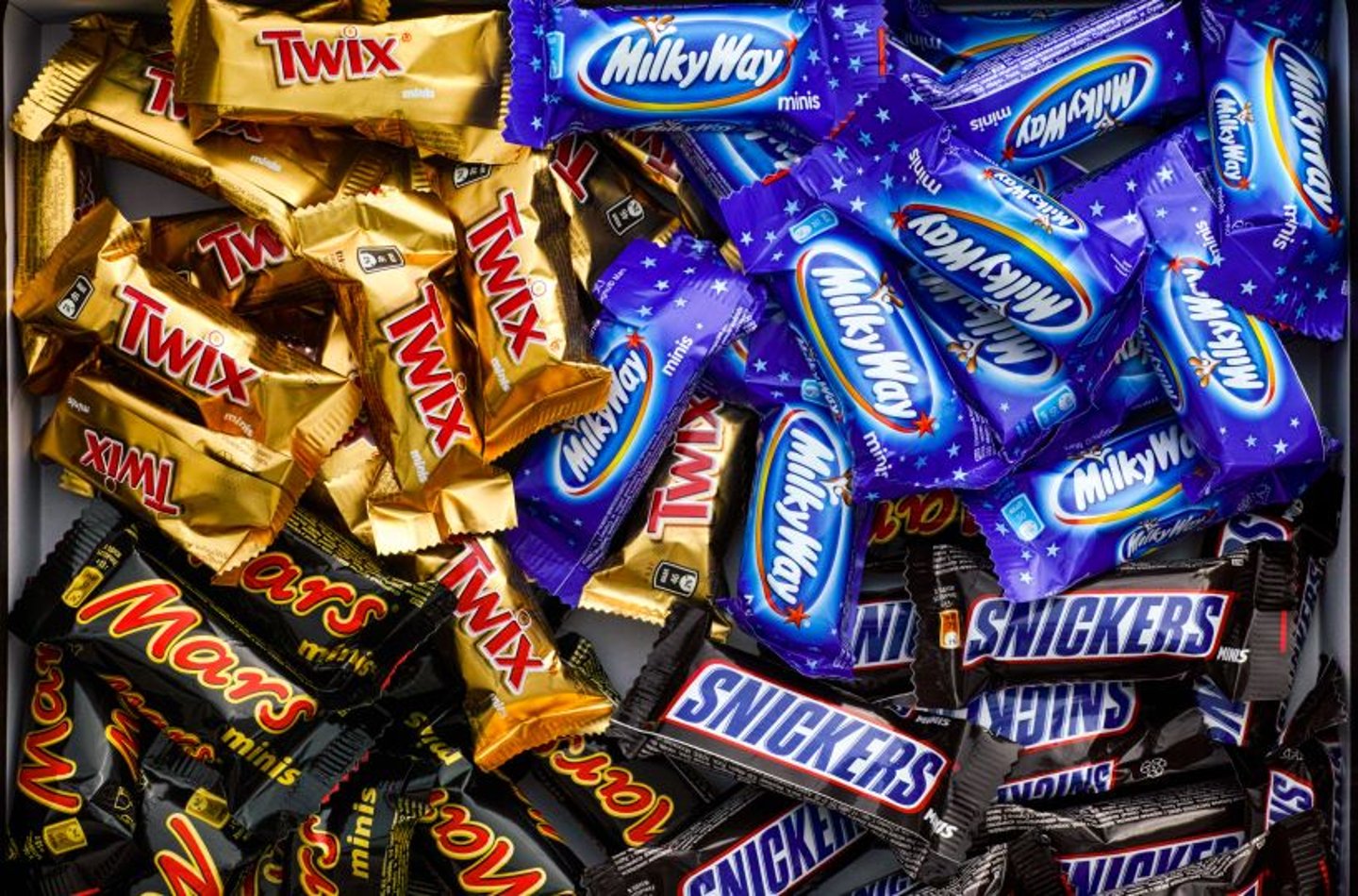Mars to Scale Snacking Innovation With New Global R&D Hub
Mars, Inc. is looking to double its snacking business over the next decade, scaling innovation across its portfolio via a new global research and development hub on its Goose Island campus.
Located at the company’s global headquarters of its snacking business, the 44,000-square-foot facility, a $42 million-dollar investment from Mars, will be focusing on chocolate and nut testing, and research and innovation.
The facility will tap the expertise of 300 R&D Mars associates, allowing them to create new products and refine their existing portfolio. This makes seven innovation sites for the manufacturer thus far, with its network extending across locations like Chicago and Elizabethtown, Pa., as well as Guangzhou and Huariou in China and Slough in England.
The new site will centralize critical innovation components, according to the company, working as a testing location for future-focused, sustainable ingredients.
Tapping Consumer Insights in Test-and-Learns
They will test and perfect recipes in small batches using the plant’s contemporary kitchen, and then mimic factory conditions to test bringing new products to scale. A dedicated nut facility inside the plant will leverage advanced testing of peanuts and tree nuts within Mars’ products, such as Snickers, M&M’s, and Kind.
The hub is designed to stay up to date and ahead of swiftly changing consumer demand in the snacking landscape. Additionally, it will have a focus on sustainability, running on renewable energy covered by renewable energy credits from Mars’ wind farm in Illinois.
- More From Mars: The Company Expands Digital Leadership With Anand Shenoy
"This state-of-the-art facility will serve as the epicenter for the kind of groundbreaking research and development that will shape the snacking category for generations to come,” said Andrew Clarke, global president of Mars Snacking. “Innovation has been at the heart of our success for over 100 years, and this significant investment reaffirms our unwavering commitment to staying ahead of the curve.”
CPG R&D Efforts
Mars joins such other CPGs as Unilever in investing in innovation facilities. The latter launched major upgrades to its Horizon3 Labs and the Datalab Ecosystem in November, as it looks to enhance productivity and accelerate AI-driven innovations at scale.
Nestlé Health Science (NHSc) is also investing in R&D through an accelerator program it established last year in order to bring products to market on an expedited timeline. The company is already reporting early success, driving new product innovation like dietary supplements centered around cellular nutrition and time-release melatonin gummies.






